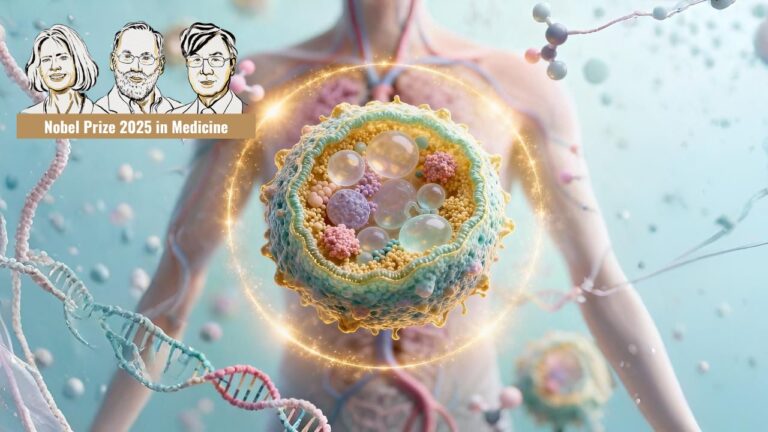
IASST Scientists Develop Optically Active Biodegradable Polymer-Nanocomposite Films
In a groundbreaking development, a research team from the Institute of Advanced Study in Science and Technology (IASST), Guwahati, has successfully fabricated an optically active biodegradable nanocomposite film with exceptional mechanical properties. This innovative material holds immense potential for applications in stretchable optical devices such as flexible displays and organic LED screens.
The demand for highly flexible and optically active polymers in various engineering applications has fueled extensive research into enhancing the properties of polymeric materials using nanomaterials. Among these, polyvinyl alcohol (PVA) has emerged as a widely studied synthetic biodegradable polymer due to its excellent film-forming and mechanical properties. Researchers have now pushed the boundaries of PVA’s capabilities by incorporating suitable nanomaterials to fine-tune its optical and mechanical characteristics.
Led by Dr. Sarathi Kundu, Associate Professor, and assisted by Saiyad Akhirul Ali, a Junior Research Fellow (JRF), the research team at IASST took on the challenge of creating a biodegradable PVA-CuO nanocomposite film. They utilized a straightforward solution casting technique, employing copper salt as a precursor for the in-situ formation of copper oxide (CuO) nanoparticles through controlled heat treatment.
The results of their experiments have been nothing short of remarkable, demonstrating superior optical, mechanical, and antimicrobial properties of the nanocomposite films under various heat treatment conditions. Spectroscopic and microscopic techniques have provided conclusive evidence of the formation of CuO nanoparticles within the polymer matrix during the heat treatment process.
Furthermore, the evaluation of mechanical properties has validated the creation of a highly flexible and robust nanocomposite film. This material boasts an impressive tensile strength of up to 39 megapascals (MPa) and an astounding flexibility rating of 169% when loaded with copper chloride.
The research findings have been published in the prestigious journal “Colloids and Surfaces A: Physicochemical and Engineering Aspects,” offering critical insights into the potential of this biodegradable PVA-CuO nanocomposite film for stretchable optical devices.
Dr. Kundu expressed optimism about the practical applications of their discovery, stating, “Our biodegradable nanocomposite film holds immense promise for the development of stretchable optical devices like flexible displays and organic LED screens. Its exceptional mechanical properties combined with its optical versatility make it a game-changer in the field of advanced materials.”
This groundbreaking research not only represents a significant step forward in materials science but also highlights the innovative capabilities of researchers at IASST in addressing pressing technological challenges.
For access to the full research paper, please follow this link: Publication.






